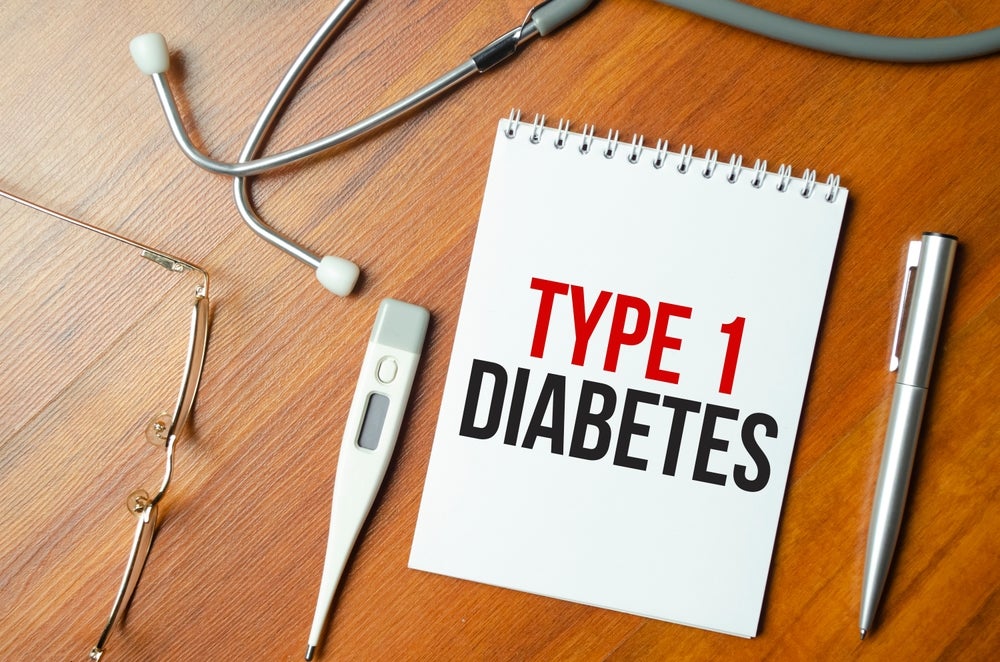At the 2025 American Heart Association (AHA) Scientific Sessions held in New Orleans, Louisiana, from 7 to 10 November, a new systematic review and meta-analysis presented by researchers from Iran and the US has shown that the estimated glucose disposal rate (eGDR ) — a simple calculator for insulin sensitivity — strongly predicts future cardiovascular events and mortality in people with type 1 diabetes (T1D). This work pooled data from more than 29,000 patients across 16 published studies, making it the largest study to date on this topic.
For people with T1D, cardiovascular disease remains the main cause of serious health complications and death. As more individuals with T1D develop features of insulin resistance, new tools are needed to identify those at highest risk so they can benefit from earlier, more targeted care.
Using PRISMA (Preferred Reporting Items for Systematic reviews and Meta-Analyses) guidelines — a global standard that promotes clear, unbiased summary of medical evidence — the team combined results from multiple studies to see how eGDR relates to outcomes such as cardiovascular events and all-cause death.
The findings were consistent: each unit higher eGDR was linked to a 21% reduction in major cardiovascular events and a 16% drop in mortality, while lower eGDR values tripled the risk of coronary artery disease. These associations were especially strong among older individuals, those with lower body mass index, and people living longer with T1D.
Key opinion leaders (KOLs) interviewed by GlobalData highlighted that “… understanding the broader health profile and comorbidities of each patient is critical for personalised diabetes care.” KOLs anticipate that simple, practical risk tools such as eGDR will become part of routine assessment in clinics aiming to prevent heart disease in these patients.
Strategically, the inclusion of eGDR in cardiovascular risk models could help healthcare teams proactively identify high-risk individuals with T1D, creating new opportunities for both digital health solutions and therapies that improve insulin sensitivity.

US Tariffs are shifting - will you react or anticipate?
Don’t let policy changes catch you off guard. Stay proactive with real-time data and expert analysis.
By GlobalDataLooking ahead, large prospective studies are needed to confirm whether routine eGDR testing, combined with interventions to address insulin resistance, can actually improve long-term outcomes for people living with T1D.





